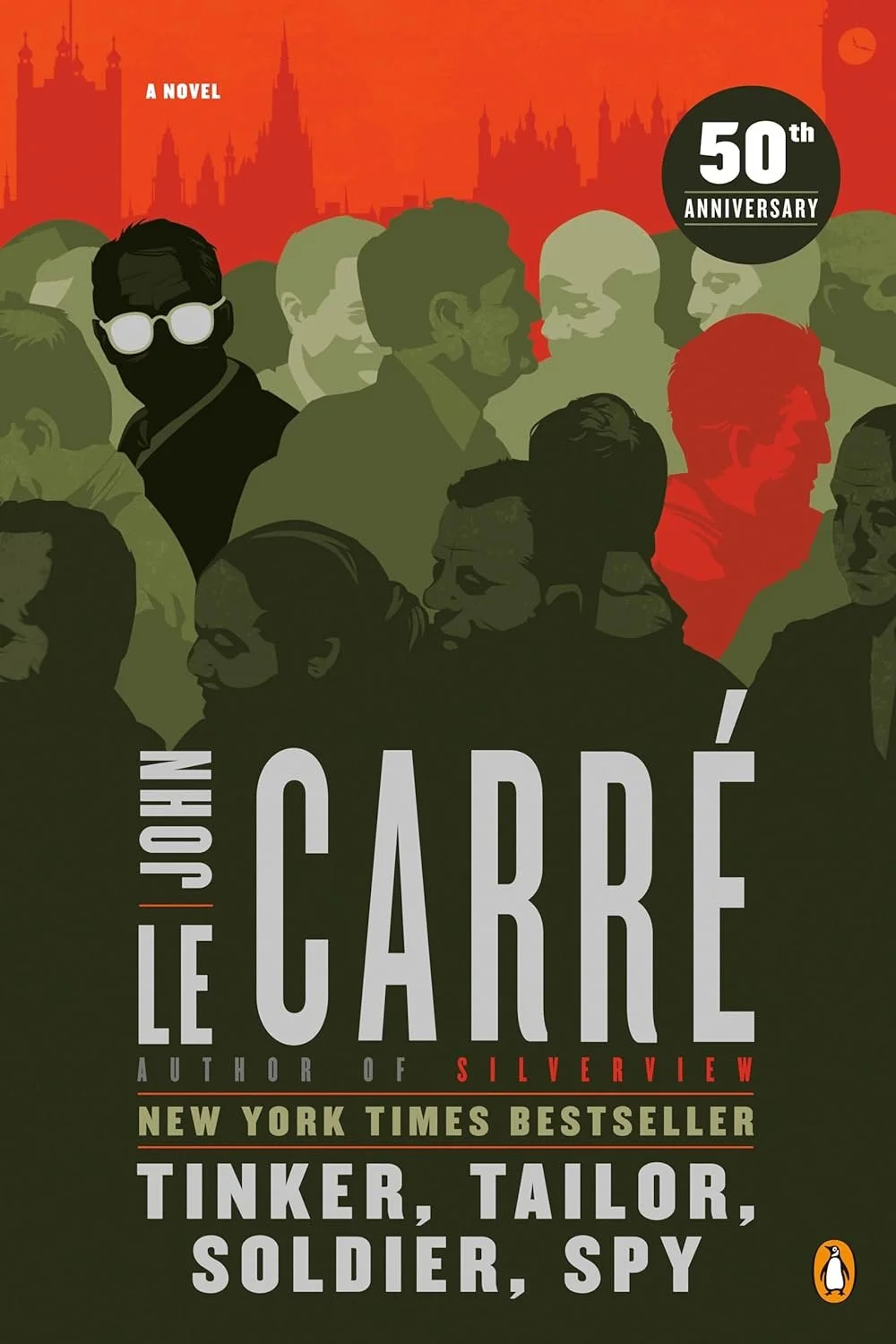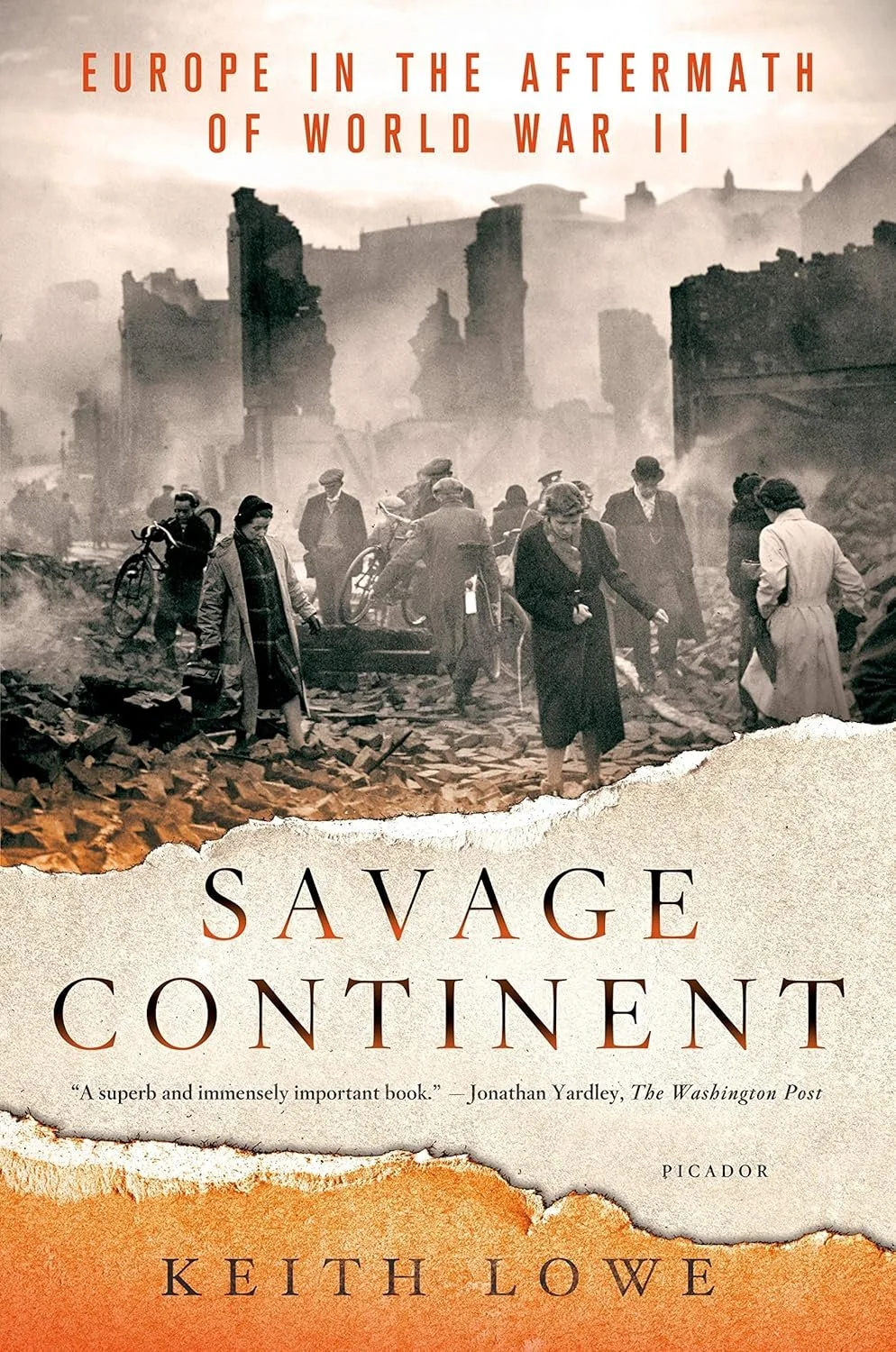Leonard H. Orr
Author Interview - Leonard H. Orr
Author of Entitled
To protect their lavish allowances, four charismatic sisters in their thirties try to seduce, cajole, and mislead their less well-off neighbor Benjamin, who their father has hired to investigate an attempt to smother him while he was in the hospital recovering from a car crash. Their feckless brother chooses to threaten Benjamin with a shotgun, while their socialite mother falsely confesses to the crime. The investigation is further complicated by Benjamin's dashing but unreliable younger brother who has probably slept with every sister, and by Benjamin's desire to try, particularly with the sister he has long adored. Trying to dominate everyone is their father, a wheeling-dealing, helicopter-flying entrepreneur who is afraid he might have hallucinated the smothering, even more afraid that it might have been real, and most afraid that he might lose control of his family and fortune. Desperate, he implements a devious and dastardly scheme….
"Playing out on the fashionable Connecticut shore and the Upper East Side of Manhattan, the shenanigans of the entitled rich don’t prevent Benjamin from finding the truth, and maybe even love....
Author Interview - Leonard H. Orr
Author I draw inspiration from:
John Le Carre. I especially liked Tinker Taylor Soldier Spy.
Author Interview - Leonard H. Orr | Author I Draw Inspiration From
Favorite place to read a book:
Reclining on my couch.
Book character I’d like to be stuck in an elevator with:
Even if he was in many ways not the sort of entertaining person to be stuck with, I pick George Smiley from one of Le Carre's books. I'll assume that Smiley and I have never met, know nothing about each other, and are in London....
Visiting an old friend with offices in a dowdy old London building, I step into an elevator alongside an owlish gentleman standing cross-armed and lost in thought. He glances at me, barely nods, and resumes what seems to be a reverie. His unfocused eyes are aimed downward.
There are only two of us in the cab as, with only normal grinding in the cables, the elevator starts up. After rising a few floors the cab comes to an abrupt halt. Unbeknownst to me, Smiley is uncomfortable to be trapped with a strange tall American. It occurs to him that I, or someone, might have arranged for the elevator to break down.
Amidst the silence I feel a need to talk. "How does it work in England? Do we just push the emergency button?" To break the ice, I add, "Or is that considered rude? British manners are a mystery to me.”
“You’re not terribly familiar with our customs?”
“I’ve never lived here. This could be a sign that fate wants me to stay.”
“Unlikely in this case,” he says with subtle irony. He motions toward the elevator control panel on the wall that contains the doors. “There’s an emergency button to communicate with the outside world. Would you mind if I pressed it?”
“Not at all.”
Smiley wonders if this encounter has somehow been arranged. When I don’t move to block his hand from reaching for the emergency button, he is relieved. But pressing the button produces no noise and no immediate response, electronic or otherwise, and Smiley’s unease returns.
“I guess the power might be out,” I say.
“It’s possible. So much doesn’t seem to function these days. Our Britannia is hurtling toward impotence.”
I recognize that, for my companion, this was a rather long speech. “The fate of empires,” I say, trying to keep it light. “Even ours. Eventually.”
“Never.”
“I’ll take your word for it.” Smiley nods, looks down, and seems to examine his hands. “I’ve been to this office a few times,” he says. “They’ll come for us.” He seems to sink back into his own thoughts.
After a few minutes there’s the sound of doors behind forced open above us. Then it seems someone steps onto the top of the cab.
“Mr. Smiley, is everything okay?” a man calls from above.
“The only problem seems to be mechanical,” Smiley replies.
“I’ve brought all kinds of tools.”
“As you should. Luckily, most of them won’t be necessary.”
This exchange strikes me as cryptic, but I ascribe that to my never understanding the British.
The hatch in the elevator ceiling is lifted away. A workman’s head peers down. “Mr. Smiley, who’s your friend?”
“A fine example of an American. Chosen at random, I think. Now please fix the elevator.”
My sense that something odd has happened inhibited further conversation. After ten minutes and some basement adjustments to the elevator controls, the cab starts up and takes us to our separate destinations. We bid each other cordial farewells. An hour later it strikes me that the workman on the roof had obliquely informed my companion that he was armed and prepared to shoot me if necessary. And Smiley, accurately perceiving that there was no danger, had refused the offer.
And so my life was spared.
Author Interview - Leonard H. Orr | Book Character I’d Like to be Stuck in an Elevator With
The moment I knew I wanted to become an author:
I've had many moments of wanting to be an author and many of deciding I don't want to do it, after all. The back-and-forth continues to this day, as I write my next book. Based on my experiences, I've developed standard advice for most people who tell me they might want to write a book: "If you feel you have to do it, then, of course, do it. But if you don't feel you have to do it, you should do something else."
Hardback, paperback, ebook or audiobook:
I mostly read ebooks, because of the convenience. But I like all four formats, which have their fairly well-known plusses and minuses.
Hardback: The old-fashioned feel of a hardback book is pleasant, it lasts long on a shelf but takes up space that might otherwise be useful, can be easily notated and flipped through, has some weight, costs a lot, etc....
Paperback: Lighter weight than hardback, doesn't last as well, can be notated and flipped through, costs less....
Ebook: The colossal available library is wonderful, I easily share books with my wife, the ebook reader is lightweight and inexpensive, it's awkward to make notes and difficult to flip through, the device sometimes has an annoying mind of its own and behaves inexplicably, etc....
Audiobook: When they're performed well, I enjoy hearing the words and feel I'm part of a tradition that was once exclusively oral. Obviously, making notes or flipping through is a challenge.
The last book I read:
SAVAGE CONTINENT by Keith Lowe. The book, recommended by a friend, is about a dozen years old. I found it to be very informative about the score-settling and other upheavals of a period that, at least until this book's publication, was somewhat mythologized and received too little attention.
Author Interview - Leonard H. Orr | The Last Book I Read
Pen & paper or computer:
I work on a computer. After multiple edits and drafts, I print out and edit by hand. Then I enter the corrections back into the computer. The old cliche that writing is ninety percent rewriting certainly applies to me. I also rely heavily on editors.
Book character I think I’d be best friends with:
I don't know
If I weren’t an author, I’d be a:
My second career is in the investment world. My dream career would be as a professional athlete, but it strikes me that I lack the talent.
Favorite decade in fashion history:
Art Deco
Place I’d most like to travel:
Rome. Always Rome. I love the layers of history, the food, the warmth of the people, the Baroque and other world-class architecture and art: Caravaggio, Bernini, etc.
My signature drink:
A glass of red wine
Favorite artist:
J.S. Bach
Number one on my bucket list:
I have a bucket list of things I don't want to do before I die. Foremost among them: Climb Mount Everest.
Anything else you'd like to add:
I'm writing another novel. This one's about madness and death on Wall Street, where there's plenty of both.
About Leonard H. Orr:
Author Interview - Leonard H. Orr
Leonard H. Orr has written for The Village Voice, The New York Times, and other publications. A graduate of Swarthmore College, he has also been an editor and investment manager, where he’s been a witness to the ambition and entitlement and sorrows his novel portrays.









